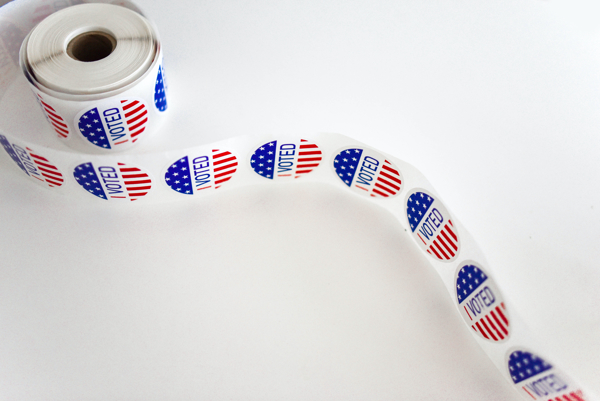By Joey Fox
New Jersey Globe
July 11, 2023
ACLU NJ, Brennan Center, Cato Institute, N.J. Libertarian Party all give their support.
A legal effort by the fledgling New Jersey Moderate Party to bring fusion voting to New Jersey has gained a number of new prominent backers, with a several notable politicians and advocacy groups filing amicus briefs today as the case makes its way through the New Jersey Superior Court.
Included among the newly professed supporters of fusion voting, which allows general election candidates to run on multiple party lines, are the ACLU of New Jersey, the left-leaning Brennan Center for Justice, the libertarian-minded Cato Institute, the New Jersey Libertarian Party, and a bipartisan group of five former members of Congress, one of them being former House Minority Leader Dick Gephardt (D-Missouri).
“We welcome this battery of support from the center, right, and left,” Moderate Party founder Rick Wolfe, a former Republican mayor of East Amwell, said in a statement. “It signals the importance of this case and the core democratic issues at stake.”
The Moderate Party was founded in the summer of 2022 with a single purpose: boosting Rep. Tom Malinowski (D-Ringoes)’s ultimately unsuccessful re-election campaign. Malinowski attempted to file for the general election as the nominee of both the Democratic Party and the Moderate Party, but New Jersey Secretary of State Tahesha Way shot him down, determining that New Jersey law only allows candidates to run under one party banner.
In the year since, though, the effort to legalize fusion voting has gained a surprising amount of traction. Former Republican Gov. Christine Todd Whitman and former Democratic U.S. Senator Robert Torricelli penned an op-ed in April in support of the lawsuit challenging Way’s decision, and the new list of supporters released today further bolsters the case.
If the court rules in the Moderate Party’s favor, New Jersey could become the third state to fully legalize fusion voting, the other two being New York and Connecticut. Supporters argue that such a ruling would help reduce partisanship and limit the power of the state Democratic and Republican party organizations, but others have countered that it might be confusing for voters and create ballot chaos.
Photo by Element5 Digital on Unsplash

